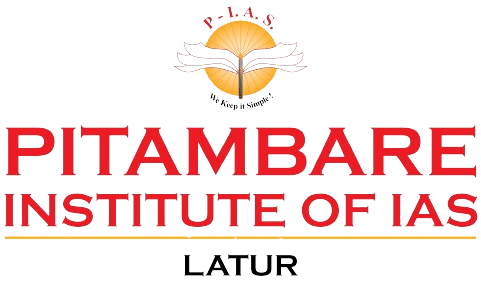12 December 2022
| Content 1-On amending the cooperative societies Act 2-India urged to adopt ASEAN consensus on Myanmar 3-What is end-to-end encryption and why are tech companies focusing on it? 4-Example for Diplomacy |
| GS 2 |
| Constitutional Amendment |
On amending the cooperative societies Act
The Bill to amend the Multi-State Cooperative Societies (MSCS) Act, 2002, was introduced in the Lok Sabha on December 7. Multi-State cooperatives are societies that have operations in more than one State — for instance, a farmer producer’s organisation which procures grains from farmers of multiple States.
The amendments have been introduced to improve governance, reform the electoral process, strengthen monitoring mechanisms and enhance transparency and accountability. The Bill also seeks to improve the composition of the board and ensure financial discipline, besides enabling the raising of funds in multi-¬State cooperative societies.
According to the International Cooperative Alliance (ICA), cooperatives are people-centred enterprises jointly owned and democratically controlled by and for their members to realise common economic, social and cultural needs and aspirations. Multi-State cooperatives are societies that have operations in more than one State
| International Relations |
India urged to adopt ASEAN consensus on Myanmar
The five-point consensus of ASEAN includes
- An immediate end to violence in the country;
- Dialogue among all parties concerned;
- The appointment of a special envoy;
- Provision of humanitarian aid to Myanmar by ASEAN
- A visit by the bloc’s special envoy to Myanmar to meet with all parties as there has been a sharp surge in violence against civilians in Myanmar.
| GS 3 |
| Science and Technology |
What is end-to-end encryption and why are tech companies focusing on it?
End-to-end encryption is a communication process that encrypts data being shared between two devices. It prevents third parties like cloud service providers, internet service providers (ISPs) and cybercriminals from accessing data while it is being transferred. The process of end-to-end encryption uses an algorithm that transforms standard text into an unreadable format. This format can only be unscrambled and read by those with the decryption keys, which are only stored on endpoints and not with any third parties including companies providing the service.
End-to-end encryption has long been used when transferring business documents, financial details, legal proceedings, and personal conversations. It can also be used to control users’ authorisation when accessing stored data.
End-to-end encryption is used to secure communications. Some of the popular instant-messaging apps that use it are Signal, WhatsApp, iMessage, and Google messages. However, instant messaging is not the only place where user data is protected using End-to-end encryption. It is also used to secure passwords, protect stored data and safeguard data on cloud storage.
| GS 4 |
Example for Diplomacy-Ruchira Kamboij, India’s permanent representative to UN

